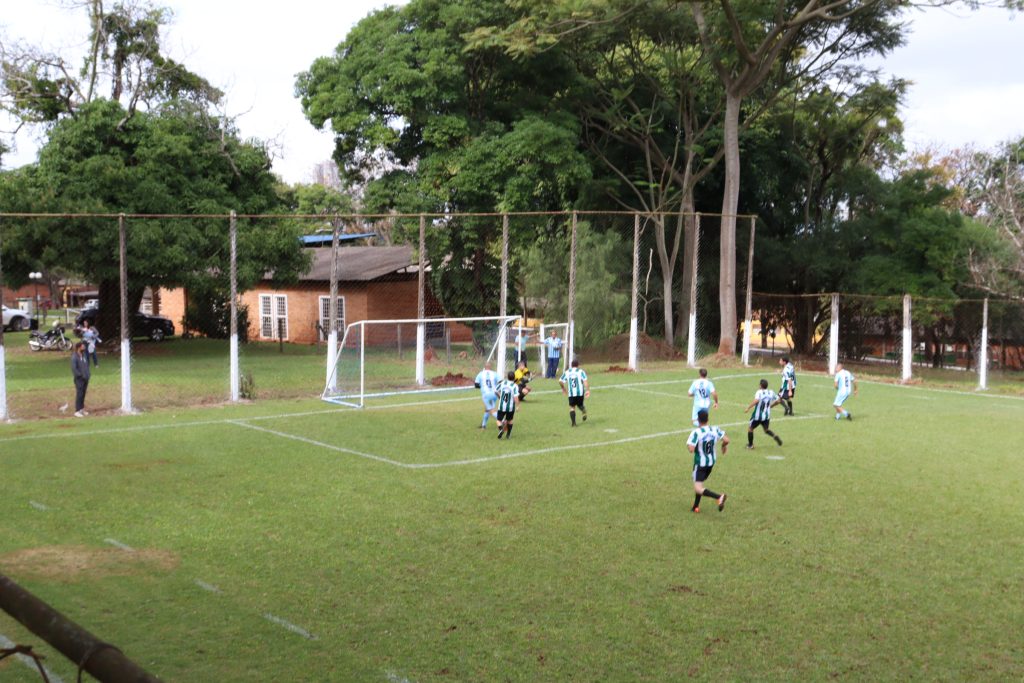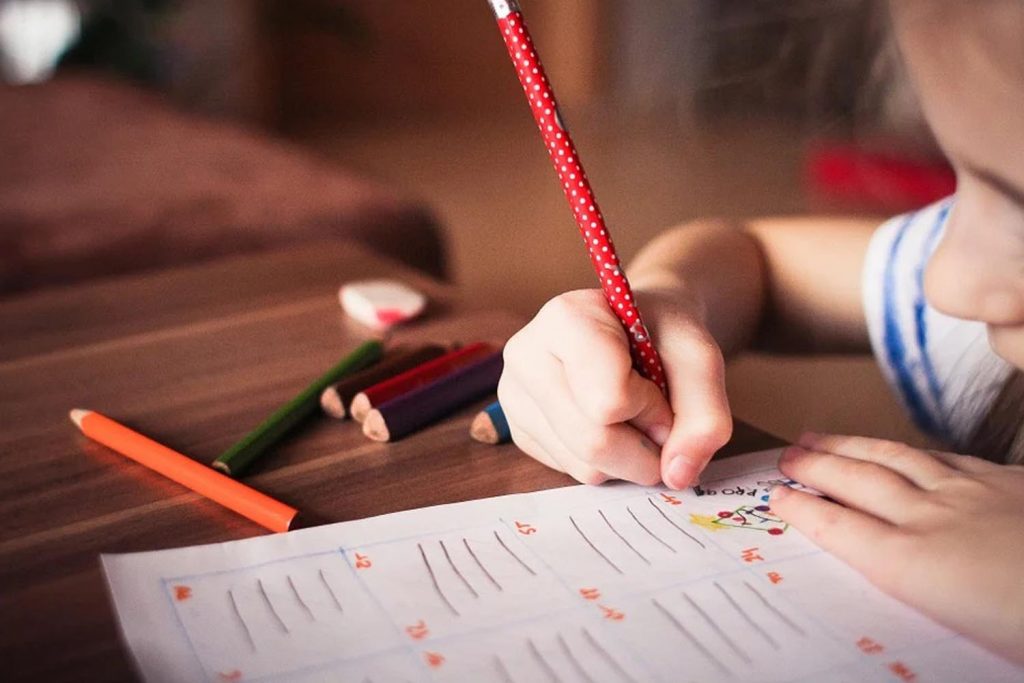[EN] UEL Project develops a new model of high protection surgical mask
[EN] UEL Project develops a new model of high protection surgical mask
Project developed by professors from UEL resulted in the development and production of a new mask model recommended for health professionals.Project developed by professors from the Departments of Nursing, from the Health Sciences Center (CCS), and Design, from the Education, Communication and Arts Center (CECA), resulted in the development and production of a new mask model recommended for health professionals that may replace the traditional one, which is used in the hospital environment, but due to the high demand, is lacking in the world market. A first batch of approximately 400 units was delivered Tuesday (14) to the administration of UEL’s University Hospital (HU/UEL).
Another 15,000 units are expected to be produced in the coming weeks by inmates from the Londrina State Penitentiary (PEL I), through an agreement established between UEL and the correctional facility. The objective is to take advantage of inmates’ workforce for large-scale production, meeting the urgent need of HU/UEL, which is the reference hospital for the treatment of the coronavirus. The models are made in SMS (Spunbond Meltblown Spunbond), following a resolution from the National Health Surveillance Agency (ANVISA).

According to the Dean of UEL, Sérgio Carvalho, this is a Personal Protective Equipment (PPE) recommended for health professionals at this exceptional circumstance. He considers the new mask model as an innovation; it is the result of academic research that brings great benefit to society.
“The researchers’ job was to give new life to a well-known product, in this case SMS. It was an adaptation that will now be widely used by public health professionals”, defined Sérgio Carvalho. According to him, the UEL initiative should now be informed to the State Government, since the public universities in the state are also working on several fronts, including using the availability of inmates for large-scale production. “For us the most important thing is to highlight that a domestic scientific production frees us from the international market at this moment, giving us the security to help patients,” he said.
Superintendent of the University Hospital, Vivian Feijó, pointed out that, because of the coronavirus, there was an increase in the demand for personal protective equipment (PPE) and the hospital faced a shortage of the mask on the market. She points out that even for those who have the financial resources to buy the product, it has not been easy to find it in large amounts.
Vivian Feijó highlighted the role of UEL’s team in the production of masks for HU, led by professors Danielly Negrão and Thassiana Miotto. “We can only ratify our gratitude for this team that dared to have the idea for this project, put it on paper, look for supporters and make it happen”, says the hospital superintendent. “For the world to develop and obtain results, we need daring people. What a joy it is to find a group of motivated professors in these days”.
Partnership
The initiative came from professors Danielly Negrão, from the Nursing Department/CCS, and Thassiana Miotto, from the Design Department/CECA. They were concerned with providing protection and safety for the health teams that attend the HU/UEL. In addition to the batch of nearly 400 masks delivered, the professors have already produced another 4,000 units, based on the traditional mask model.
Project belongs to the Departments of Nursing and Design of UEL
Professor Thassiana Miotto explains that the traditional model is indicated mainly the for protection of the airways of health professionals, when carrying out health procedures. The difference for the prototype developed now is that it presents greater sealing, therefore, providing more protection for the user.
The project received donation of material to produce 15 thousand units. Partner of the proposal, Confection Cris Jeans, from Cambé, was responsible for cutting the material. The sewing and finishing of the masks will be done by two companies (Di Hoffmann and Santa Seta), which are also volunteers in the project. Professor Danielly Negrão states that the partnership with the direction of Londrina State Penitentiary (PEL I) is also consolidated in order to use the workforce of inmates.
She recalls that the manufacture of masks in SMS is in line with the resolution of the National Health Surveillance Agency (ANVISA). Collegiate Board Resolution (RDC) No. 356, of March 23rd, provides “on the requirements for the manufacture, import and acquisition of medical devices identified as priorities for the use in health services”.
The Resolution deals with rules on an exceptional basis and is valid for 180 days, due to the international public health emergency related to coronavirus. “Thus, our masks in SMS are considered PPE (personal protective equipment) covered by legislation”, says the professor.
Tutorial
Fashion Design and Nursing courses produced, at the end of March, a tutorial to teach how to make disposable masks in SMS. This material is sold by the industry as a non-woven material and is widely used to package surgical instruments. The tutorial can be used to produce masks by any hospital and clinic that has the product.
UEL’s tutorial warns that these masks should be used in extreme situations and should follow the recommendations for using disposable TNT masks. The Design and Nursing project provides – in addition to the tutorial – the templates and a technical manual for making the masks, teaching the sewing process. In the article below, you can check out the tutorial and the template and technical manual for the preparation of the masks.
(Programa Paraná Fala Inglês – UEL / Tradução: Felipe Trevisan / Revisão: Fernanda Brener / Coordenação Institucional: Profa. Fernanda Brener).
Veja versão em Português: Projeto da UEL desenvolve novo modelo de máscara cirúrgica de alta proteção




